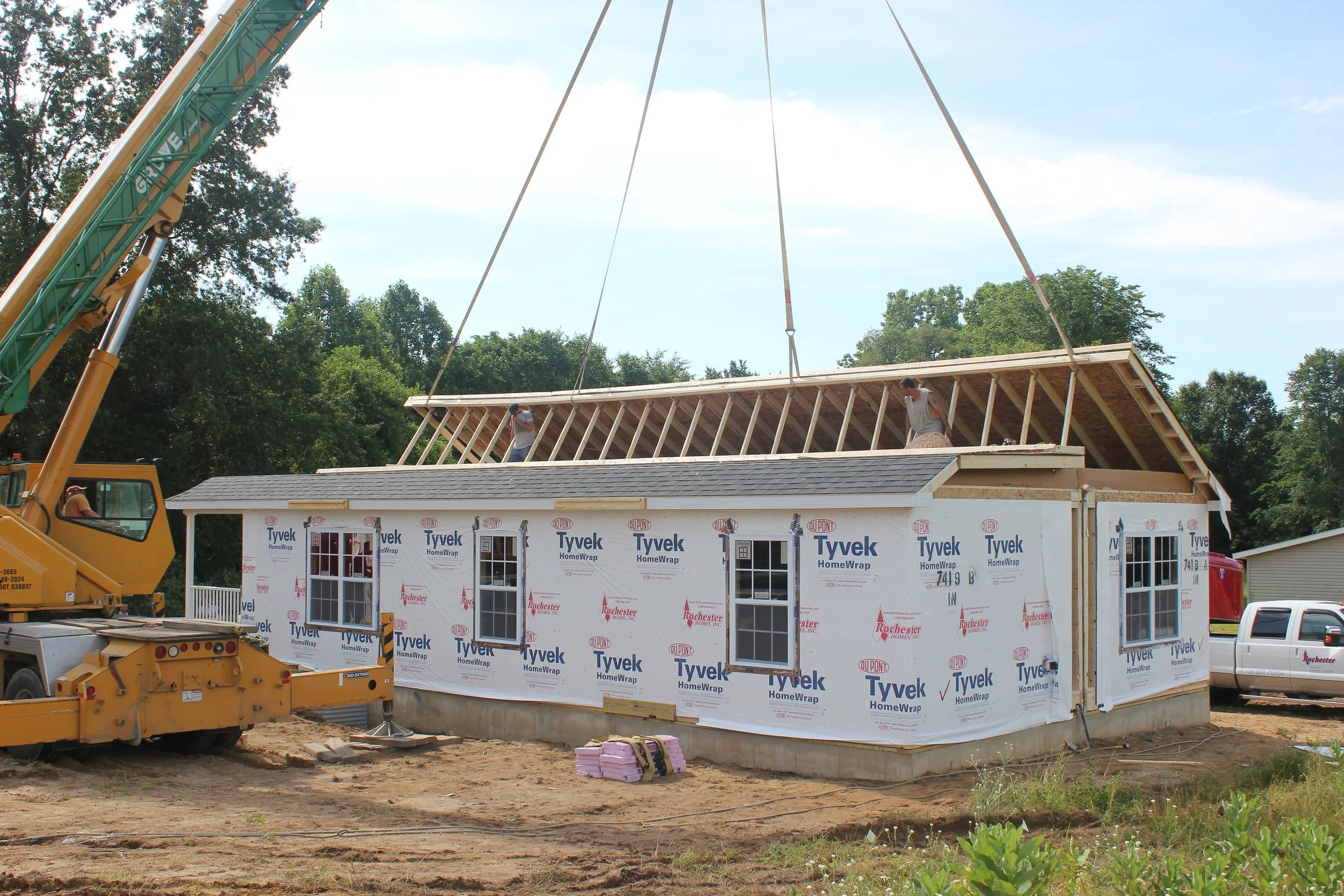When it comes to building a home, one of the first decisions you’ll face is choosing between modular and traditional construction. While both methods have their merits, there's still a lot of confusion about how they differ. In this post, we’ll answer some common questions and bust a few myths along the way.
What Is Modular Construction?
Modular construction involves building sections (or modules) of a home in a factory setting. These modules are then transported to the construction site and assembled like building blocks. The process is efficient, precise, and minimizes weather delays.
What Is Traditional Construction?
Traditional construction, also known as stick-built, takes place entirely on-site. Workers build the home from the ground up, dealing with all the elements and conditions of the construction site. This method is typically more time-consuming and can be affected by weather, site accessibility, and labor availability.
Myth #1: Modular Homes Are Cheap and Low-Quality
One of the most common misconceptions is that modular homes are low-quality compared to traditionally built homes. In reality, modular homes often meet or exceed local building codes. The factory-controlled environment allows for high precision and consistent quality. Plus, modular homes undergo rigorous inspections both at the factory and on-site.
Myth #2: Modular Homes All Look the Same
While it’s true that some modular homes may have a similar aesthetic, modern modular construction offers endless customization options. From contemporary designs to traditional layouts, modular homes can match any architectural style.
Myth #3: Modular Homes Are Not Durable
Another myth is that modular homes can’t withstand harsh conditions. In fact, since they need to be transported, modular homes are often built sturdier than stick-built homes. They are engineered to endure the stresses of transportation and assembly, resulting in robust, long-lasting structures.
Cost and Time Efficiency
Modular construction can often be more cost-effective than traditional building methods. The controlled environment reduces waste and unexpected delays, leading to quicker completion times. On the other hand, traditional construction can face weather setbacks and labor issues, prolonging the timeline.

